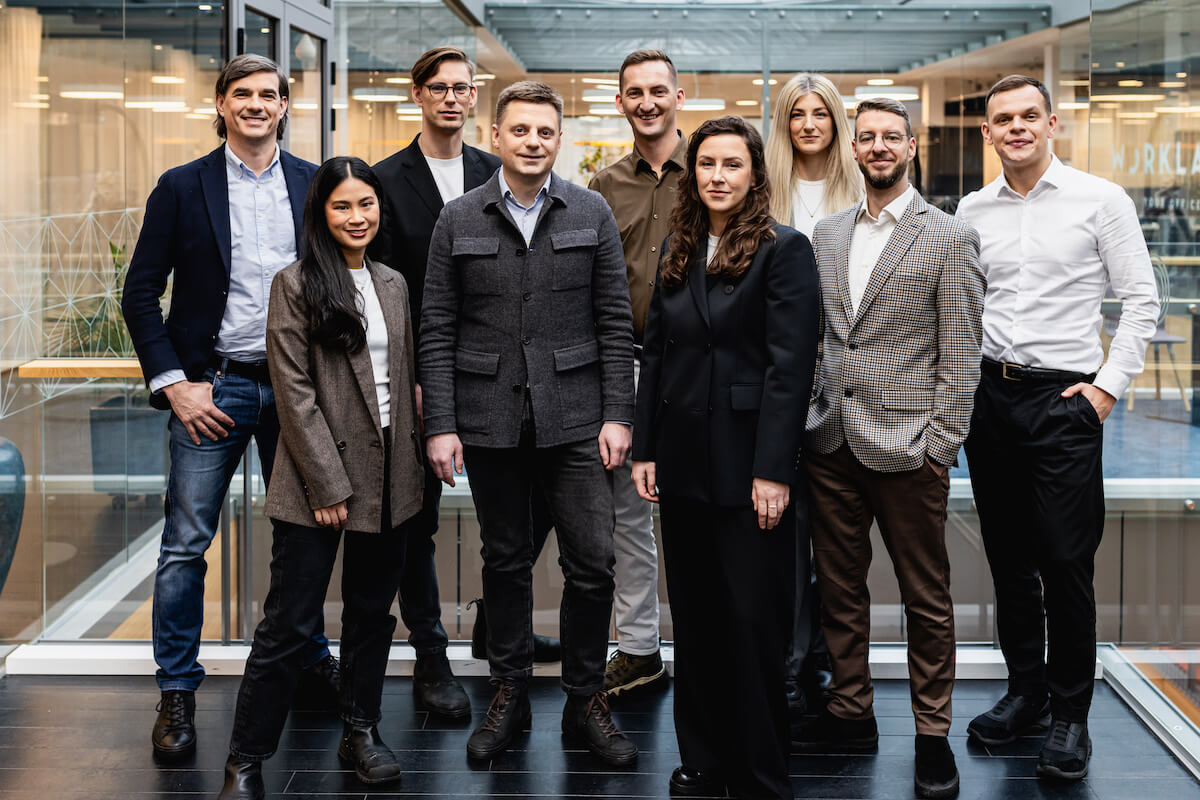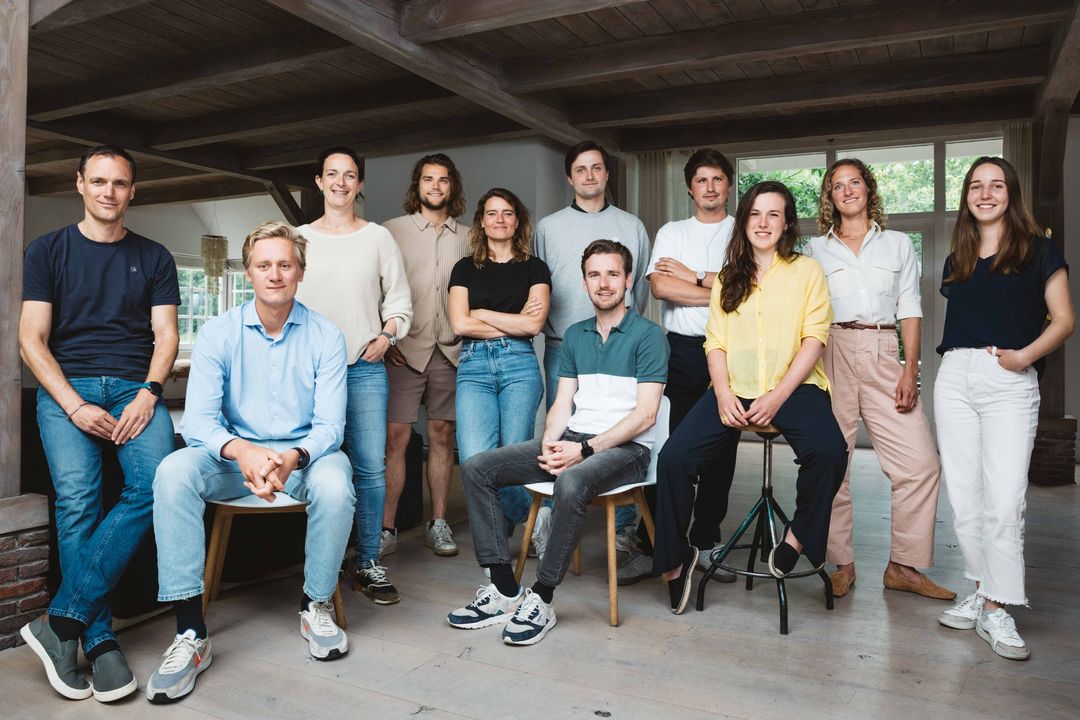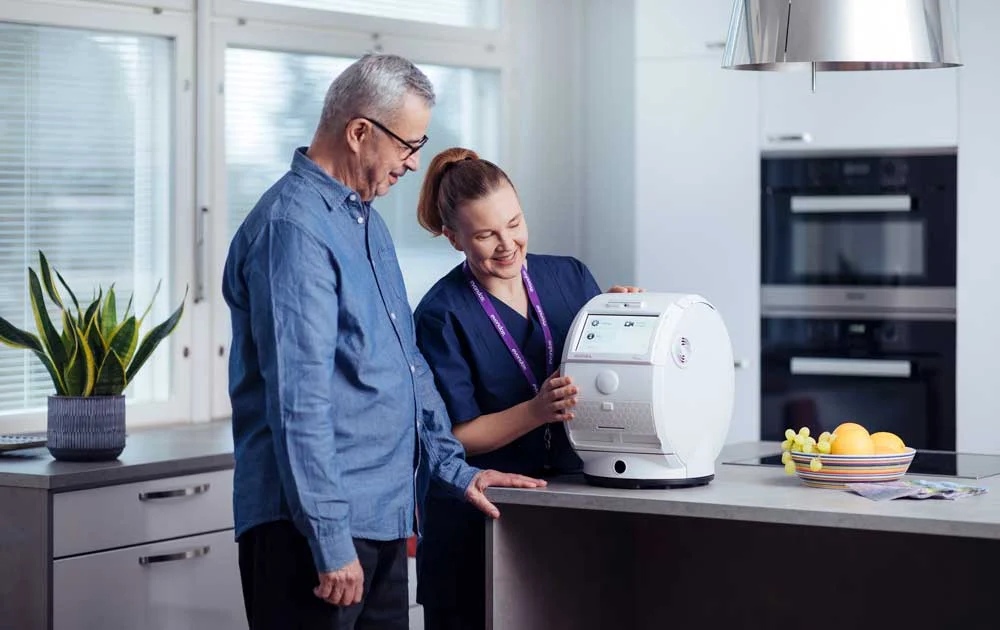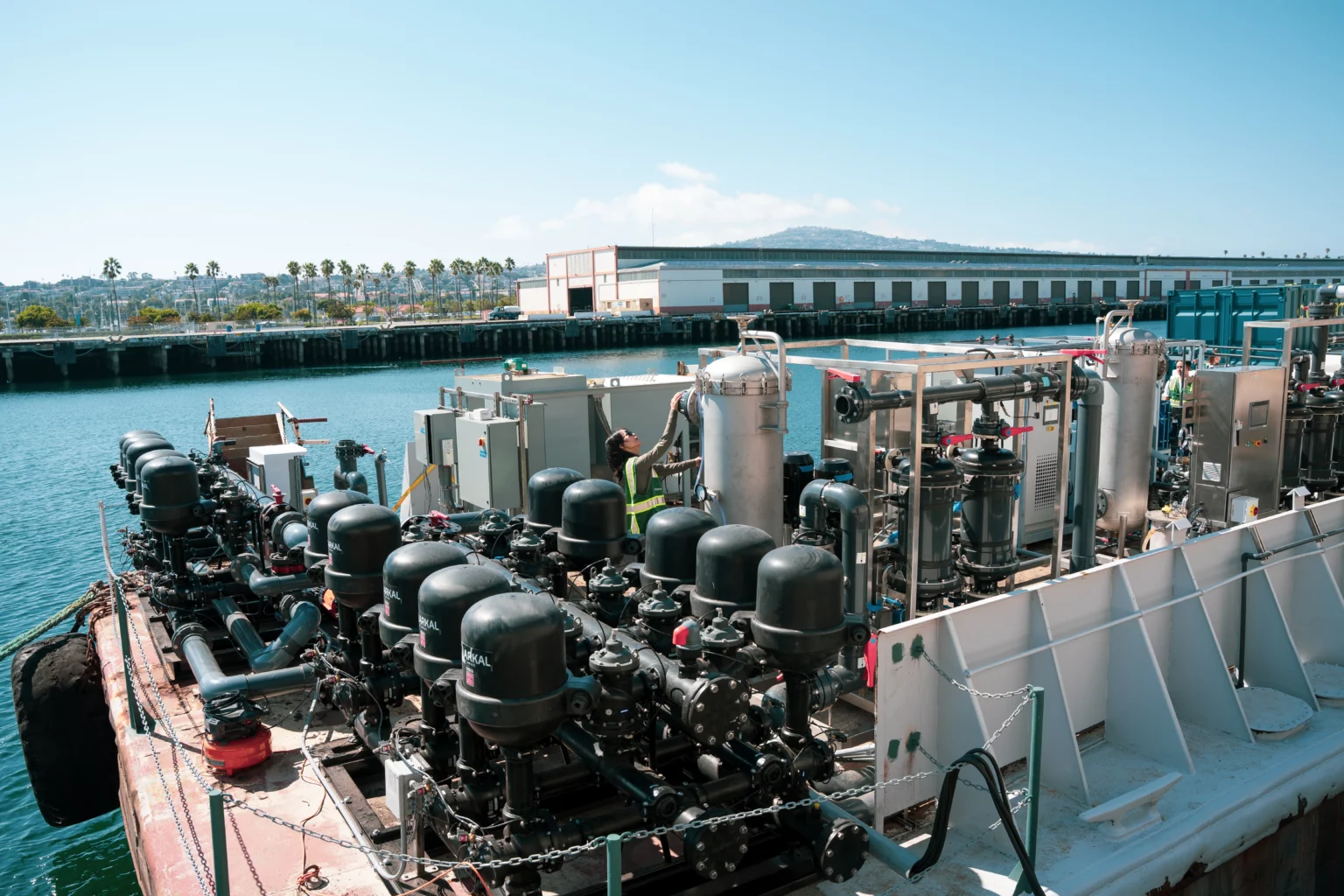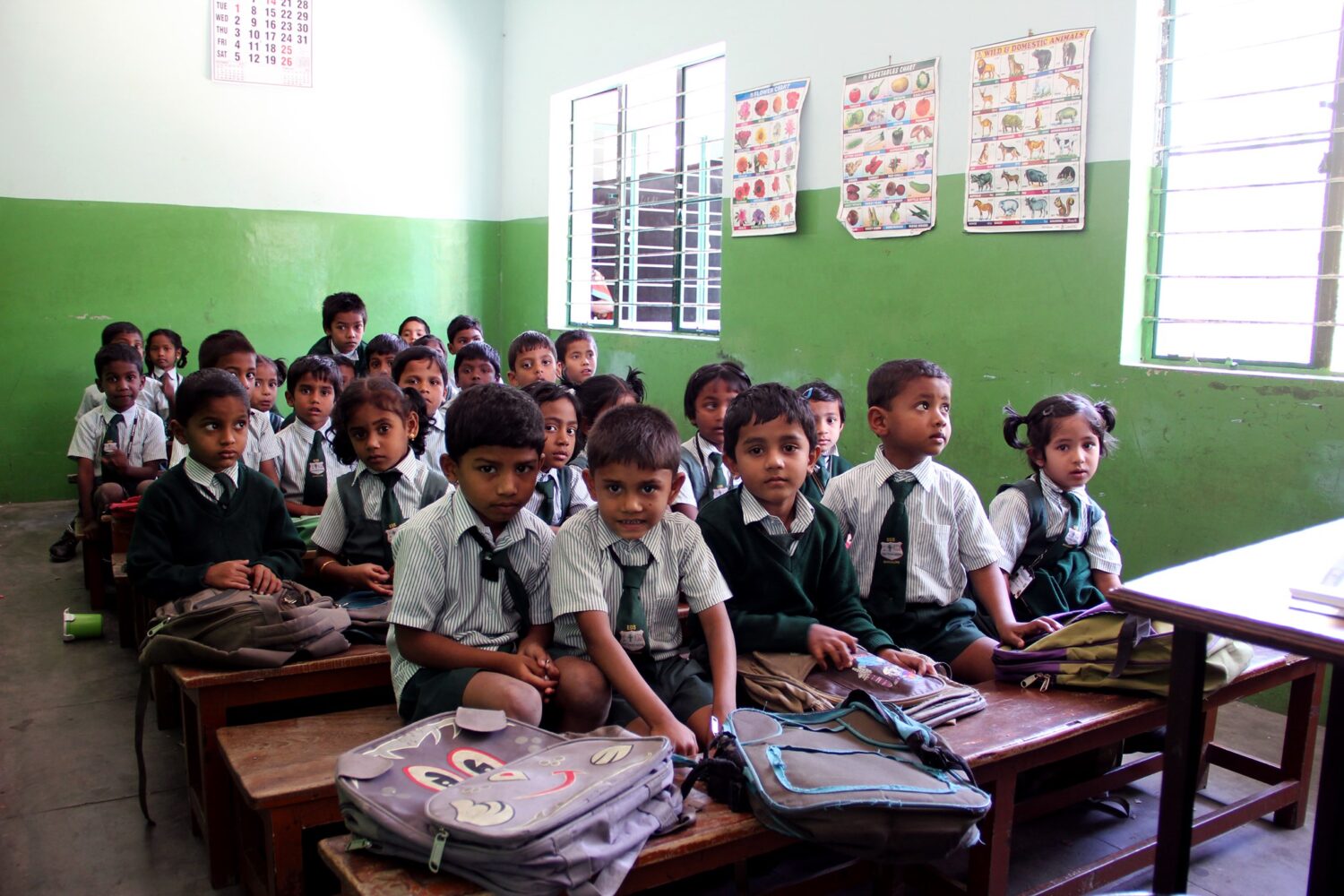ImpactAlpha, March 28 – A trio of Swiss impact investors launched two decades ago with similar missions of boosting financial inclusion in emerging markets.
Now, two of them have been acquired by bigger investment management shops and the third is managing billions of dollars in assets and has a growing stream of private mandates.
The common thread: European investors’ growing appetite for impact investments, including loans to microfinance and agrifood institutions in emerging markets that were once considered “too risky” for institutional investors.
In January, Swiss impact investing pioneer responsAbility announced that it was being acquired by London-based M&G. Another London-based investment manager, Schroders, acquired a majority stake of Zurich-based BlueOrchard in 2019.
Symbiotics, which offers loans and structured bonds in emerging markets financial institutions, as well as private impact investment management for banks and institutional investors, has $2.9 billion in assets under management.
“Everything connected to green and sustainable financing is high in demand,” says Mattia Corato of Geneva-based Symbiotics. “If you mix green or sustainable use of proceeds with the emerging markets dimension – that’s a very powerful offering.”
Impact M&A
Schroders’ acquisition of BlueOrchard in 2019, which followed ResponsAbility’s sale of a “significant” minority stake to Australian pension fund Christian Super, was an early signal of “the institutionalization of the sector,” which is accelerating now, says Arnau Gil of Phenix Capital, an Amsterdam-based impact investing advisory firm.
“The acquisitions are a next step—a positive sign that [these impact investors] will have even more resources and will take on more institutional capital,” Gil says.
Zurich-based responsAbility has been steadily growing its base of emerging markets debt and equity investments since 2001. It manages $3.7 billion, about 80% of which is debt for microfinance institutions, agribusinesses and other organizations supporting financial inclusion and livelihoods.
London-based M&G, which manages £370-billion ($496-billion) in assets, cited “strong and growing demand for impact and sustainable investment products from our clients,” when it announced its acquisition of responsAbility.
“Our plan is to launch impact products where the single assets or ticket sizes are a bit bigger. Having M&G behind us might allow us to do this faster and more successfully,” responsAbility’s Rochus Mommartz tells ImpactAlpha.
Mommartz says that part of the reason responsAbility selected M&G as a strategic partner was because of M&G’s alignment on mission—for both big and small deals. Many of responsAbility’s recent deals have targeted clean energy access companies in emerging markets, like commercial and industrial developers GreenYellow in Thailand and CME Solar Investments in Vietnam.
On the climate front, responsAbility sees plenty of opportunity to move into bigger deals while continuing to “do deals that allow companies or people to access solutions on a small scale,” Mommartz explains. “You can imagine us growing as an asset management house, having larger funds, and wanting to capture the larger opportunities, too. The required impact on the climate has to do with scale.”
ResponsAbility launched a $150 million climate fund, backed by Bank of America, Calvert Impact Capital, the European Investment Bank and Shell Foundation.
In the agrifood sector—its second biggest investment category after financial inclusion—responsAbility plans to continue making investments in companies and organizations that M&G could not.
“Of course there is an opportunity to do larger deals, but we want to continue to cater to the people who, by the very nature of their businesses, are not there to grow massively,” says Mommartz. “It’s very important to continue providing financing for them.”
Private debt
The types emerging markets debt responsAbility, BlueOrchard and Symbiotics offer proved fairly resilient during the pandemic.
Debt constitutes only about 8% of all private impact capital, and debt for emerging markets accounts for only 15% to 20% of that. But investor commitments to impact debt jumped in 2020, particularly in Europe, where it was otherwise a tough year to fundraise for private impact funds.
“Of course the return in 2020 on private debt in some of the products was slightly lower than a normal year, but nothing was a huge challenge,” says Mommartz. “After digesting the [early] phases of COVID, markets and investor sentiments are absolutely back, and as high as before COVID.”
Now, tight yields on European fixed-income products is pushing investors to look into other markets.
Symbiotics, for example has “seen an increasing number of mandates from institutional investors and banks for unhedged local currency solutions,” says Corato.
The firm recently partnered with the Danish government-based Investment Fund for Developing Countries to provide debt financing to financial institutions in Africa through a multi-currency impact bond. Symbiotics’ multi-currency Regional MSME Investment Fund for Sub-Saharan Africa has drawn backing from Dutch bank ASN Bank and Dutch and German development banks FMO and KfW.
“There’s a general increased interest in impact investing, particularly now with Sustainable Finance Disclosure Regulation pushing more people into measurable impact,” says Corato.
Corato believes that there could be a positive spill-over effect for companies like Symbiotics that “have had impact in our DNA since the very beginning.”
Symbiotics in 2019 developed a framework for issuing social, sustainable and green bonds for micro, small and medium-sized enterprises. Among the bonds it has since developed: $15 million for off-grid solar provider Greenlight Planet; $4.6 million for India-based agtech venture Samunnati in an agricultural green bond; and $7.6 million for Sri Lanka-based Pan Asia Banking.
“There’s a potential mismatch between the funding needs of institutions that still need to grow and the amount of capital flowing in,” says Corato. “There is a strong need to monitor how an institution is using our funding.”






